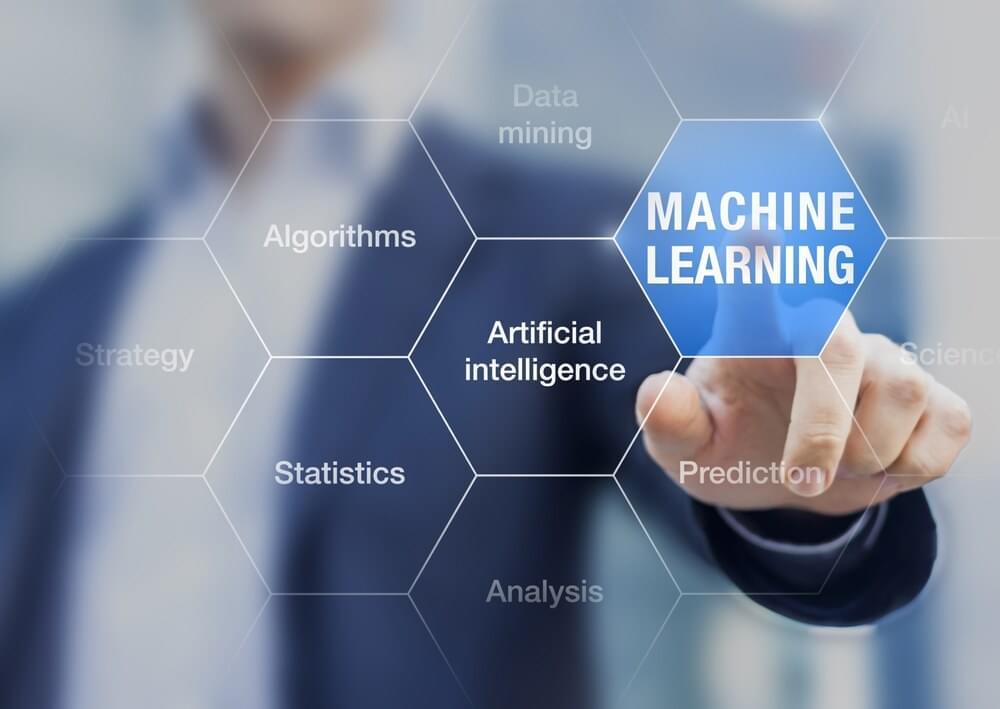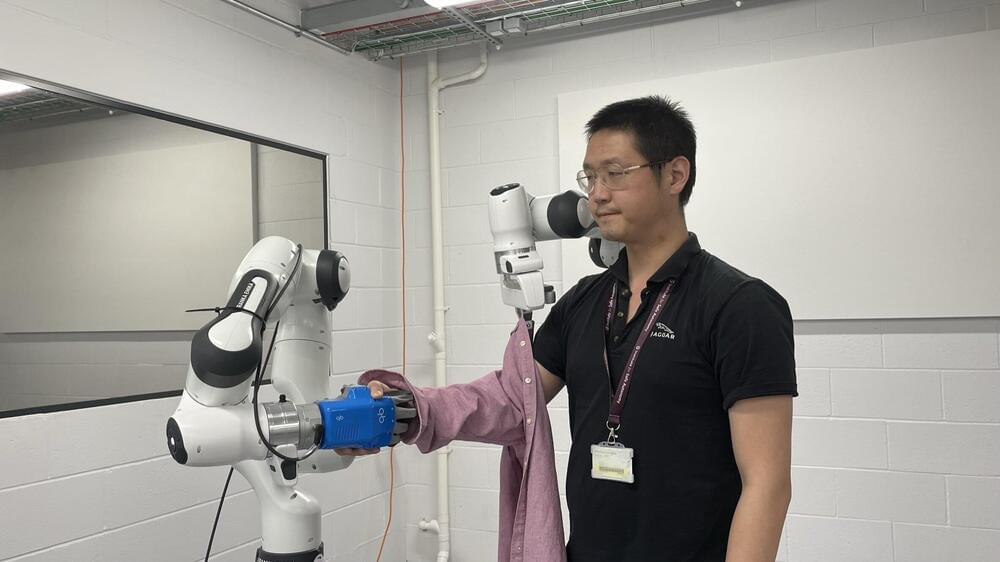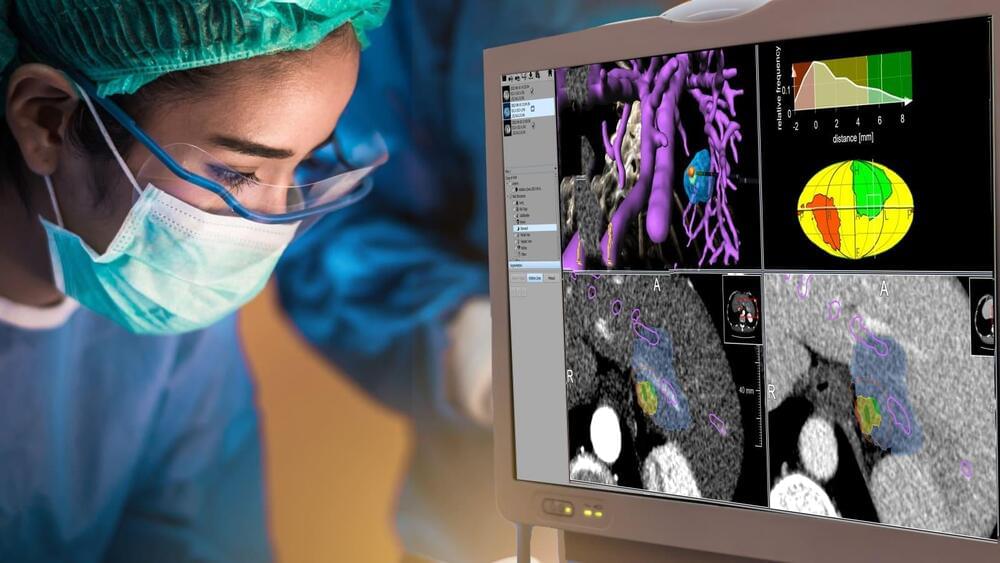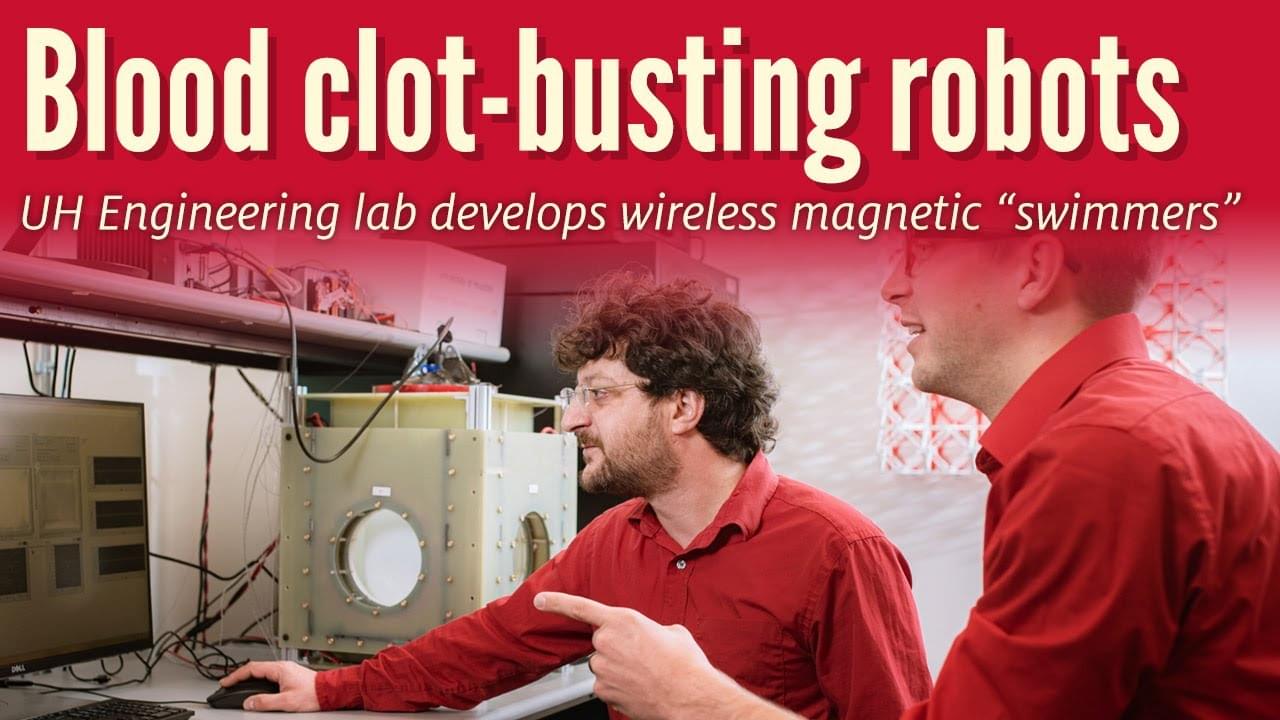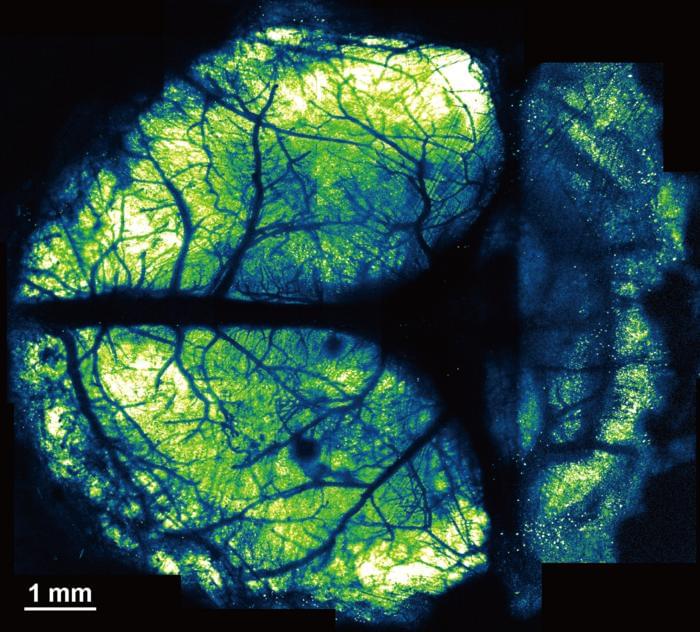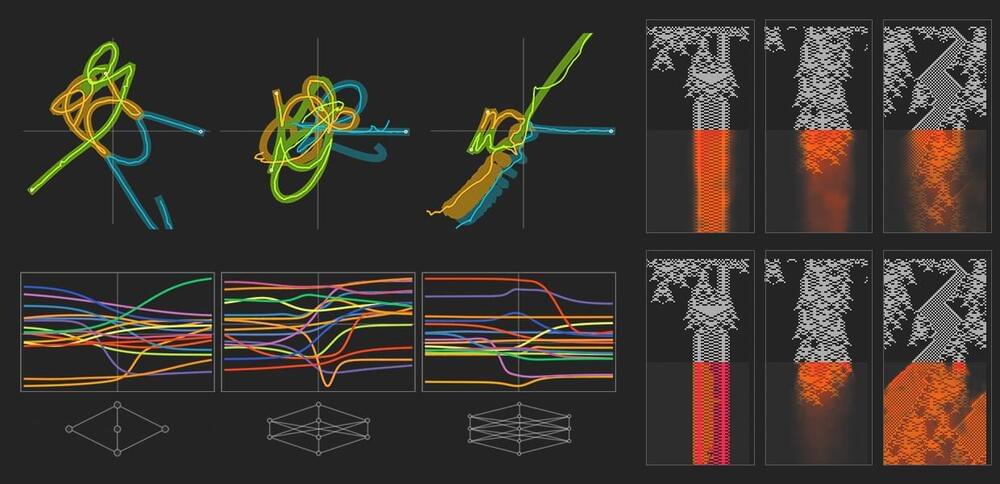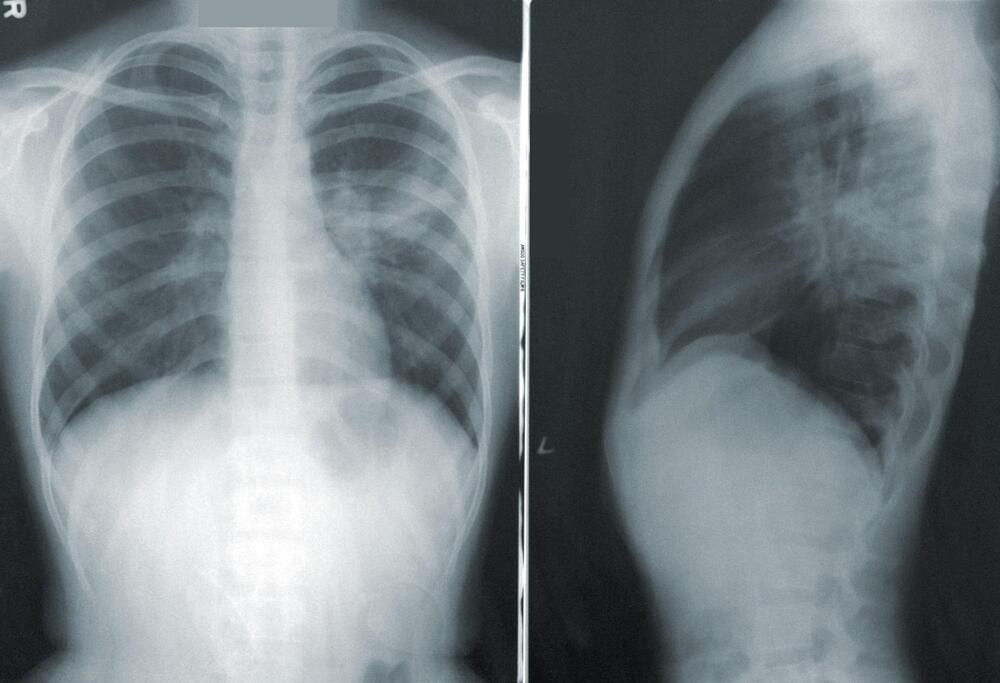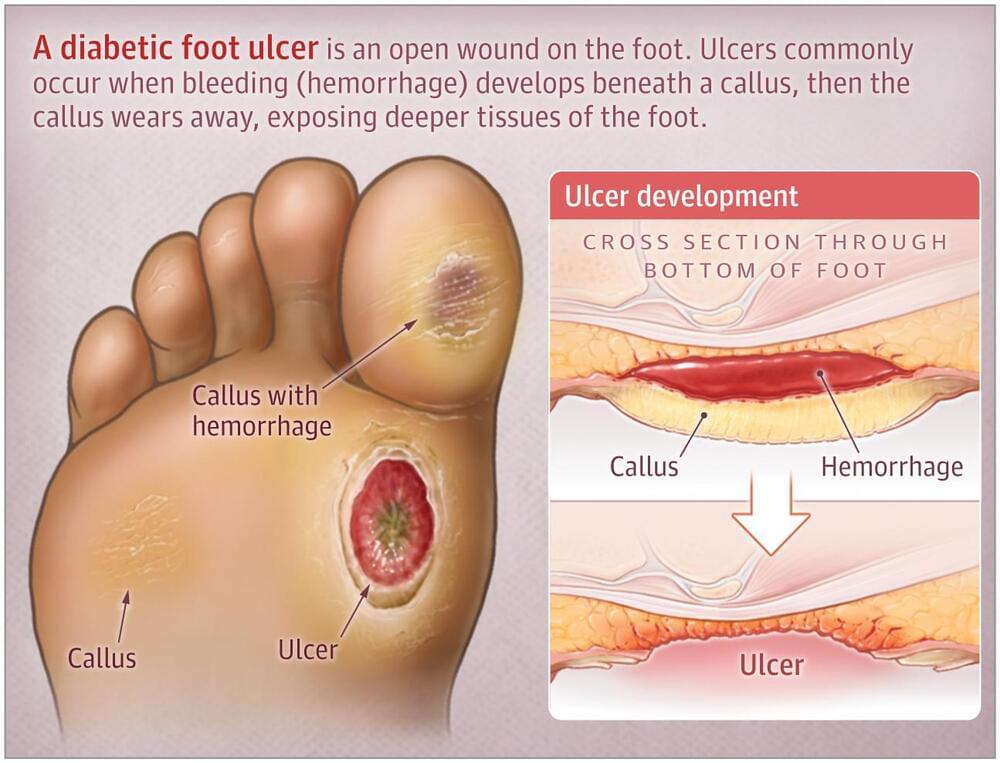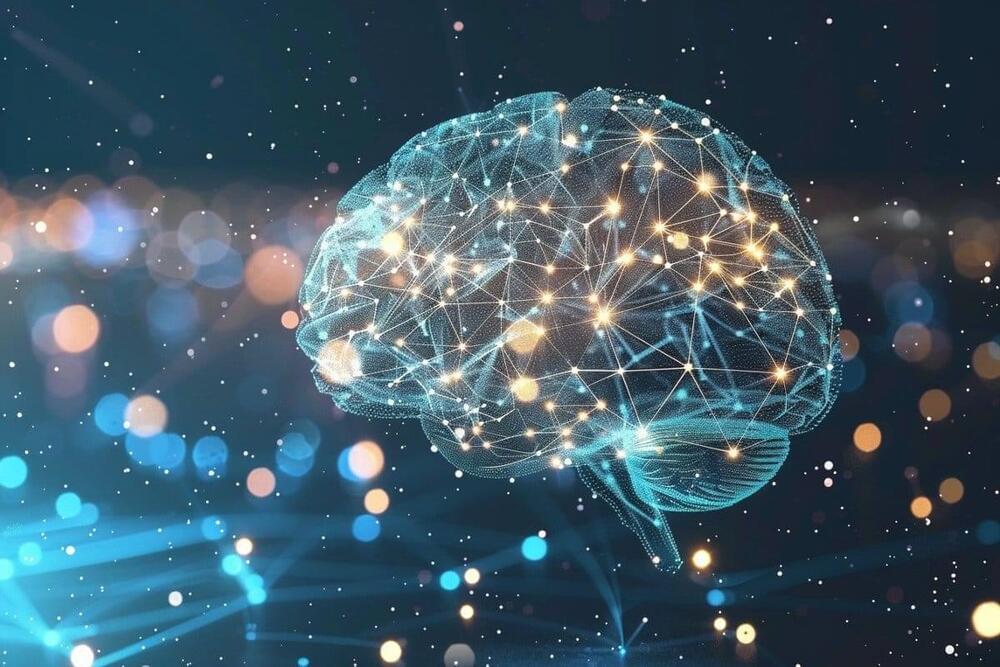Mar 9, 2024
AI and predictive medicine: Recent advances
Posted by Shubham Ghosh Roy in categories: biotech/medical, genetics, robotics/AI
In a recent review published in the Journal of Human Genetics, a group of authors explored the potential of deep learning (DL), particularly convolutional neural networks (CNNs), in enhancing predictive modeling for omics data analysis, addressing challenges and future research directions.
Study: Advances in AI and machine learning for predictive medicine. Image Credit: NicoElNino/Shutterstock.com.
